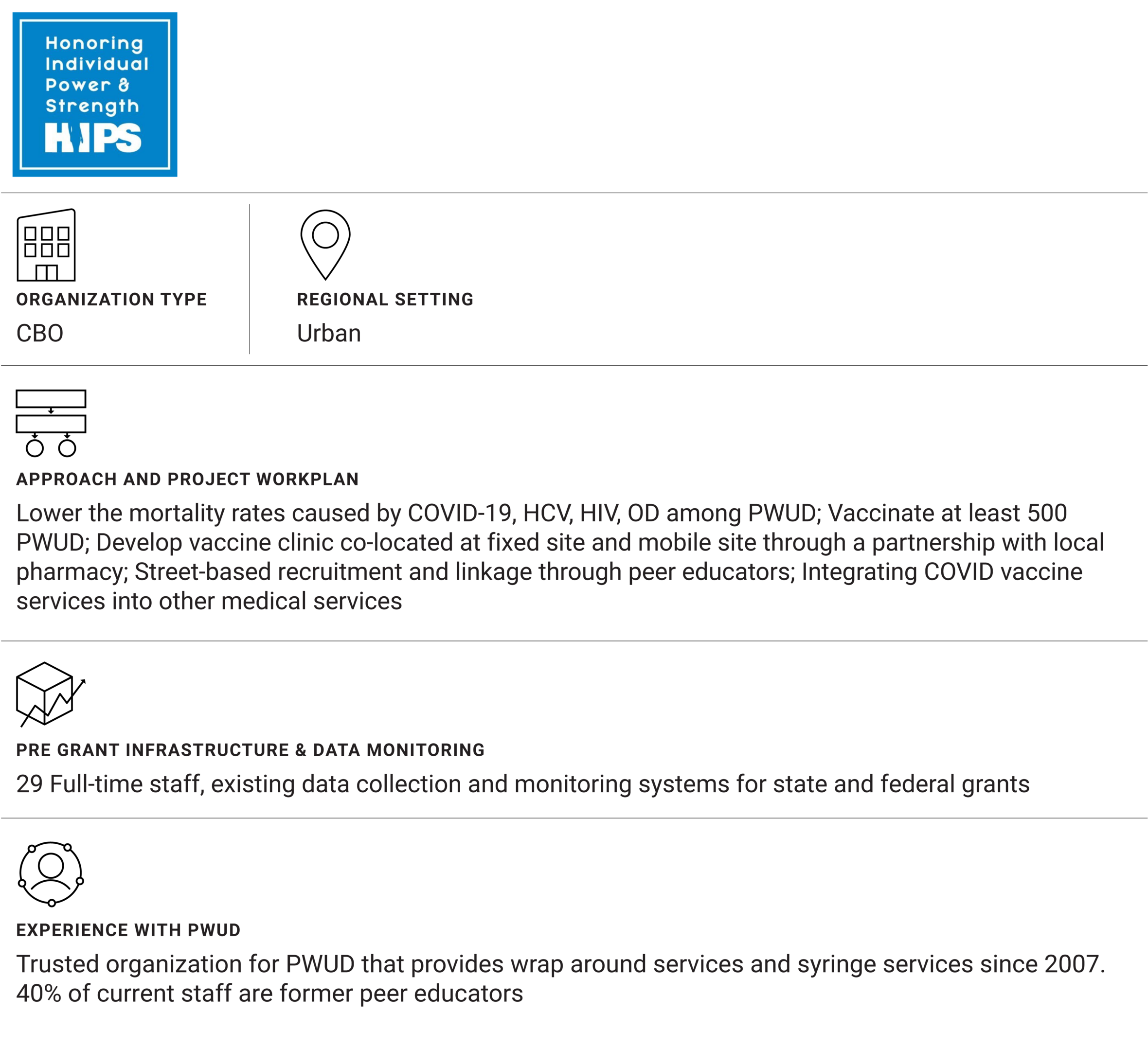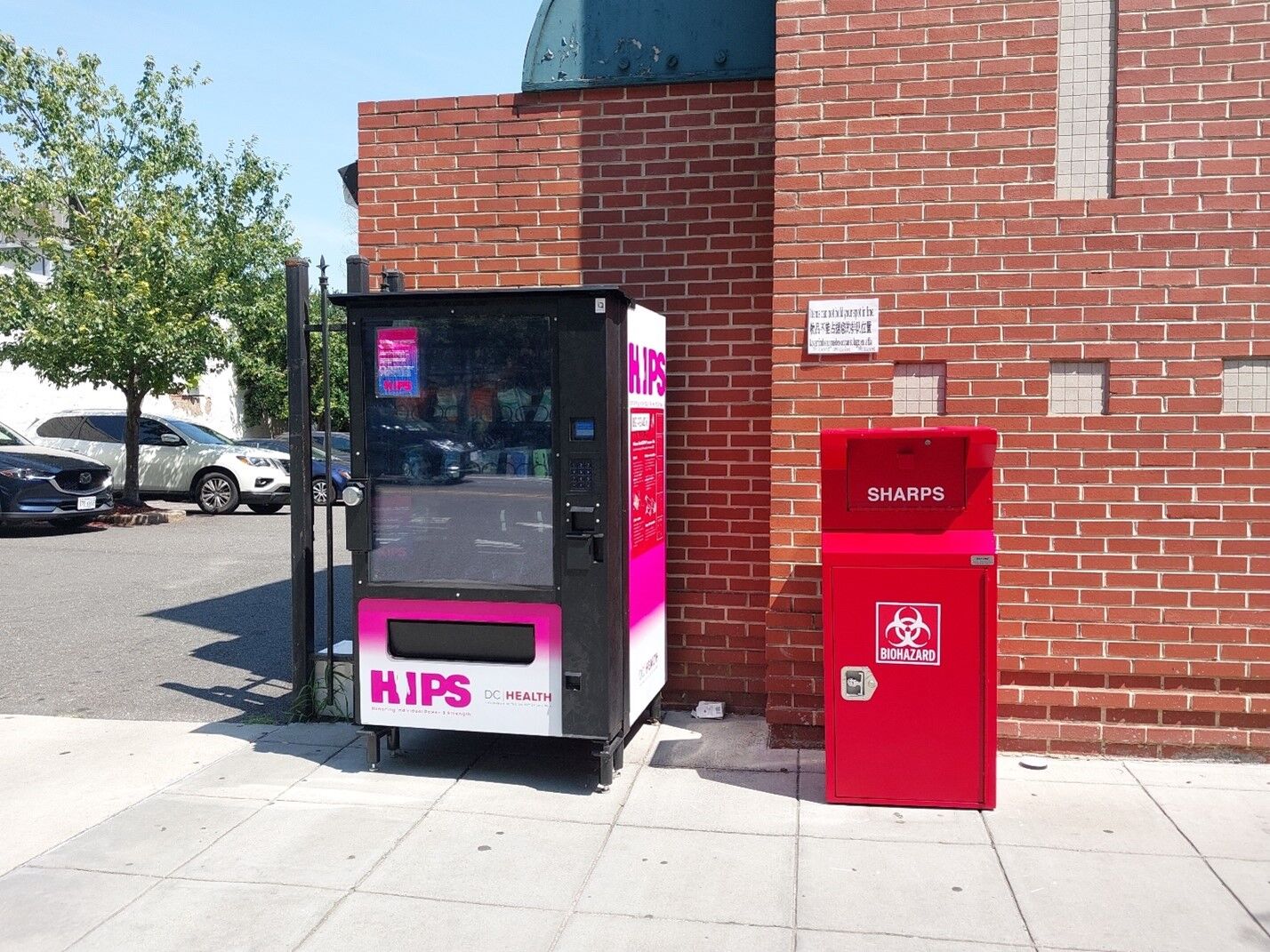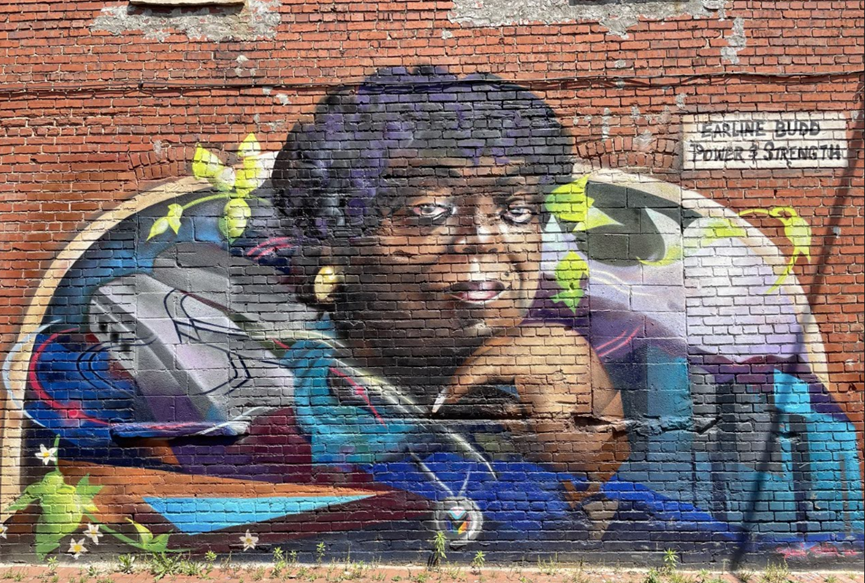Overview
HIPS was formed in 1993 by community representatives in response to the recognized need for specialized services for youth engaging in sex for gain in Washington, D.C. and began offering Syringe Services in 2007.HIPS specializes in the recruitment and retention of marginalized clients and has created a service delivery model that has a proven and effective record, serving all wards of the DC metro area.
Creative Approaches
Vaccine Ambassadors
HIPS has strong relationships with participants and actively hires from the community. Building on the relationship HIPS cultivates with their community, they hired participants as peer vaccine ambassadors to address vaccine hesitancy and dispel misinformation.
Vending Machines
Responding to community need for supplies, HIPS leveraged their partnerships with the Washington DC Health Department to implement a Harm Reduction vending machine program at 2 approved sites.
Expanded Locations
HIPS has sought to expand services to new neighborhoods. Participants spend time improving access to referral services. Partnering with other organizations in a community center allows outreach staff to connect participants with social services such as getting personal identification, applying for social services, and accessing resources.
Vaccine Supply Partnership
The DC Department of Health has provided COVID vaccine for HIPS-affiliated medical providers to administer onsite, which has been crucial for the success of the SSP vaccination project. Despite the need for ongoing efforts to maintain financial sustainability, McCullough expressed appreciation for the resources and assets they are able to tap into locally.
Challenges
Medical Services Capacity
Like many SSPs, integrating full medical and vaccine services is a significant challenge. Funding, billing for services in an anonymous and low-barrier way, as well as staffing and space restraints, are some of the challenges to expanding medical services. HIPS worked to overcome these obstacles by partnering with their local health department to schedule vaccination events for the community.
Surveillance
SSP participants and the general public experience significant video surveillance and police presence in Washington DC. There are at least 35 police departments or “public safety agencies” within the 68 square miles of DC, more than 1 agency per 2 square miles! Staff noted challenges as gentrification and marijuana regulation collide, explaining their participants are often blamed by community for effects related to the rapid influx of dispensaries, though they generally cannot afford to patronize these new businesses.
I think it’s better than our neighboring [states], Maryland and Virginia. Here in DC, I think you can get pretty much what you need. If you just know how to get it and know where to get it. You just have to put a little bit of work in.
Total Monthly Data
|
Service |
Number of Encounters |
|
Received education on COVID and COVID vaccination |
1240 |
|
Referred to COVID vaccination |
1220 |
|
COVID-19 Vaccination (on-site) |
87 |
|
COVID-19 Vaccination (off-site) |
N/A |
| Monkeypox vaccinations | 64 |
| Other vaccinations | 55 |
| Total encounters | 3121 |



